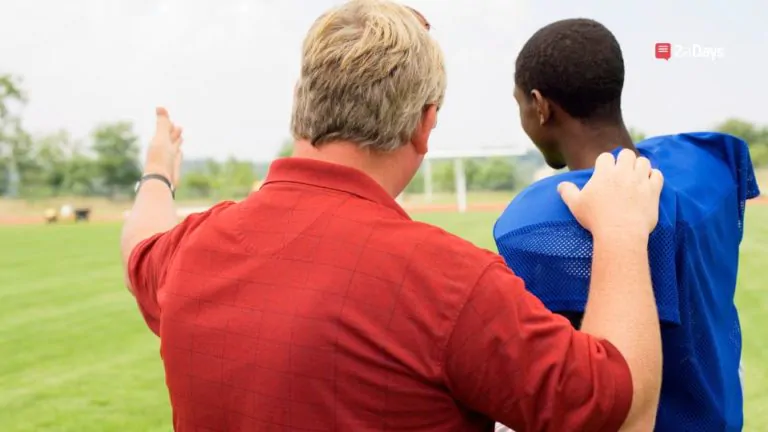Rejection is an unfortunate part of the recruiting process. The inadequate feelings of not being enough to attend a good athletic program can stop motivation in its tracks. However, as in many areas of life, it is important to endure the hardships and learn from the sting of rejection.
Lesson #1: Don't take it personally!
Recruiting is a competitive market for athletes. Colleges are looking for the best players to improve their team and coaches can only select a few athletes every year to be a part of their programs. Coaches recruit many players in an attempt to fill the limited number of spots and have to make tough decisions when they decide to take one player over another. Oftentimes, the coach has an incomplete picture of the athletes–coaches have to make decisions based off of film and the limited time they have spent with recruits. All said, coaches often make the wrong decision when choosing an athlete and they might prefer an athlete over another for any number of reasons. Sometimes, rejection has nothing to do with you, so don't take it personally!
Related: Rate your Coaches, Facilities, and Campus Visits
Lesson #2: Look at the big picture
Rejection from a coach is disheartening, it is tough to feel inadequate or like the person does not belong. It is okay to acknowledge these feelings of hurt and disappointment. The athlete should remember that a rejection is not a reflection of the athlete as a person. Coaches primarily look at their needs and examine if the player meets those needs. Recruits tend to be rejected for their perceived athletic ability, not for personality problems. And remember: just because schools reject you doesn't mean that there's not a great fit out there for you. You just have to keep looking.
Related: Rejection Hurts: 3 Ways to Deal with it During the Recruiting Process
Lesson #3: Talk it out
Recruits looking to deal with rejection should take time to talk with their friends and family about their problems. Being open about your issues and talking about it can be therapeutic. Friends and family can support the athletes and encourage them to continue their recruitment process. Rejection from a coach is a good time to take a rest and reassess their goals. Athletes with Division 1 dreams might be a better fit in a lower division.
Also ask for feedback from the coaches, they might be able to list the reasons why they were not a good fit for the team. The coach might give reasons such as speed, strength, or technique as reasons they went another direction. Athletes should use this feedback as motivation to fix these areas of weakness.
Rejection happens so don't let it impact your recruiting process. Instead, rejection should motivate you to dedicate more time to your sport–don't let it define who you are as an athlete, keep pushing for success and an opportunity to play at a great college or university will appear.
Have an idea for a story or a question you need answered? Want to set up an interview with us? Email us at [email protected]
* Originally published on May 4, 2023, by Ryan Wiley







